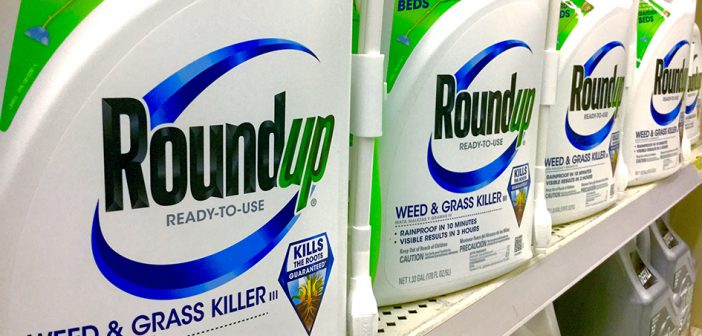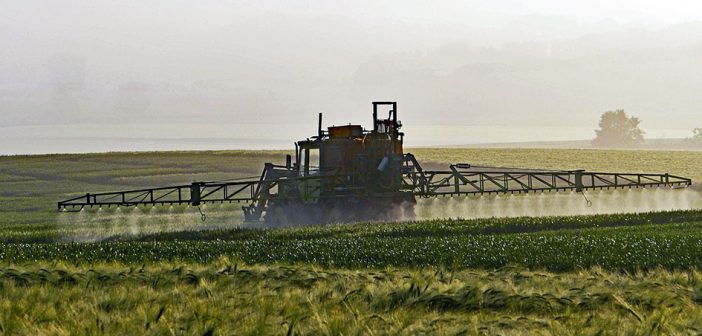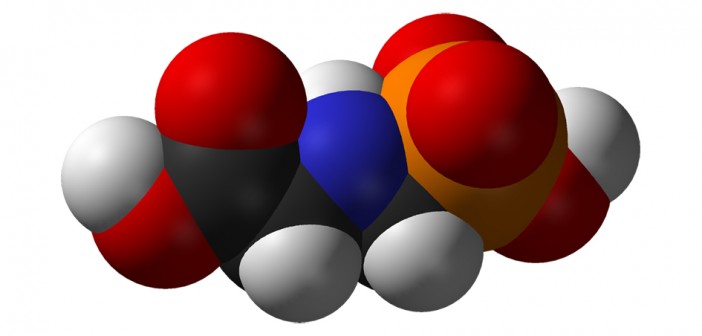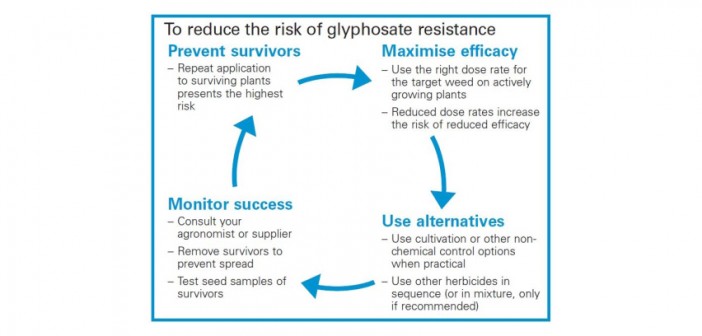Following the successful lawsuit against Monsanto in California in August in which a jury ruled that a former groundskeeper’s cancer was caused by Roundup, and that the company knowingly withheld information about the carcinogenic properties of glyphosate, industry analysts are warning that Bayer is now bracing itself for thousands of future claims.
German-based acquired Monsanto earlier this year for $63 billion and according to Reuters, the company faces years of legal activity with some 8,000 lawsuits currently being brought against Monsanto, much higher than the 5,200 cases previously disclosed by Bayer in June.
“The number of plaintiffs in both state and federal litigation is approximately 8,000 as of end-July. These numbers may rise or fall over time but our view is that the number is not indicative of the merits of the plaintiffs’ cases,” Bayer’s chief executive Werner Baumann admitted to analysts in a conference call.
The lawsuits are also pulling in food manufacturers, with General Mills having to remove a claim about the use of ‘100% natural whole grain oats’ in its Nature Valley brand cereal bars.

Photo Caption: Bayer could face years of legal action in the United States after its acquisition of Roundup manufacturer Monsanto
Photo Credit: Flickr
The post Bayer preparing for thousands of Roundup lawsuits appeared first on Hort News on 30 August 2018.



